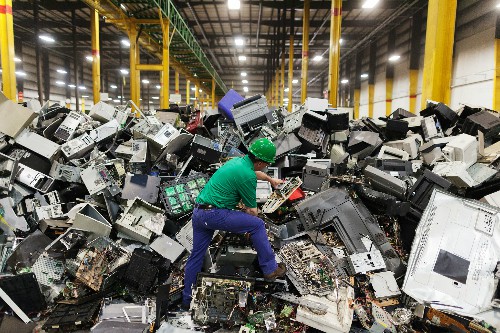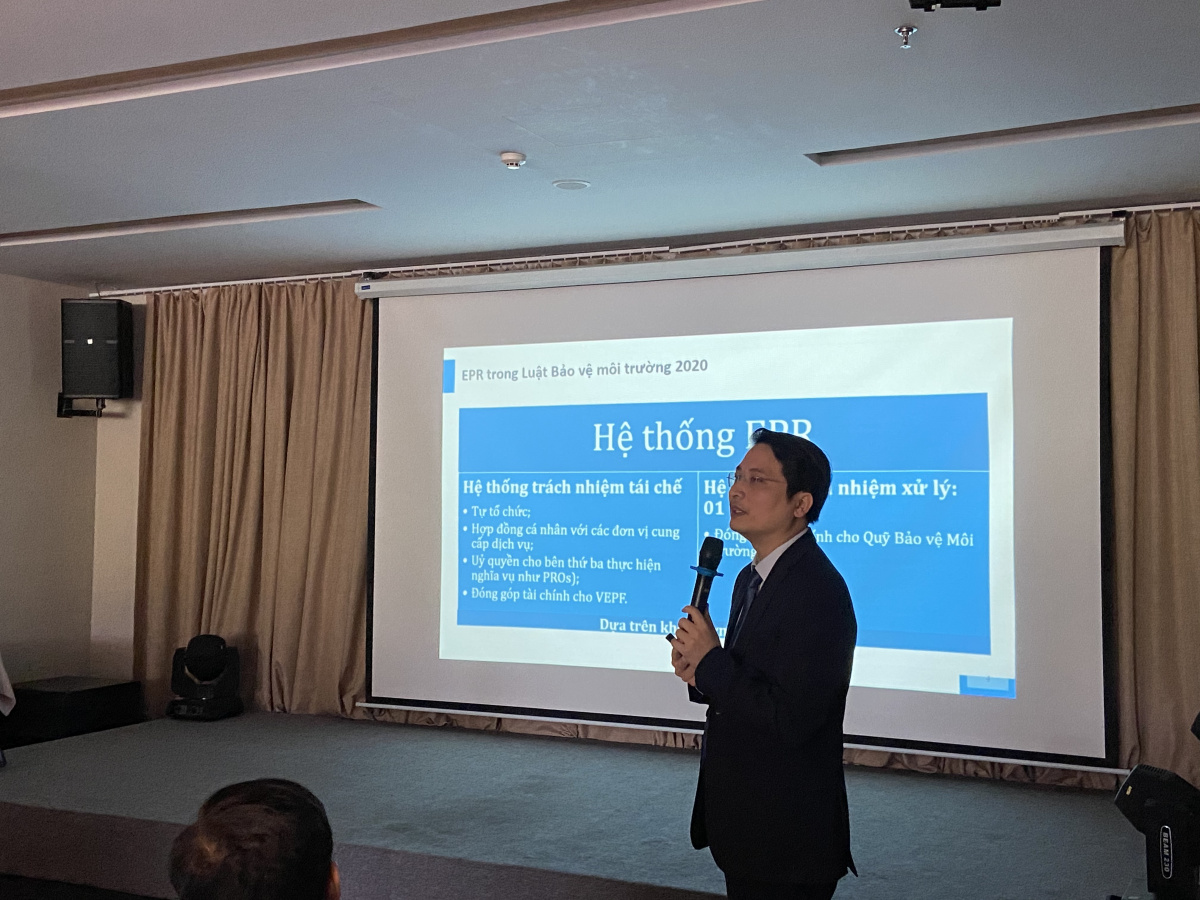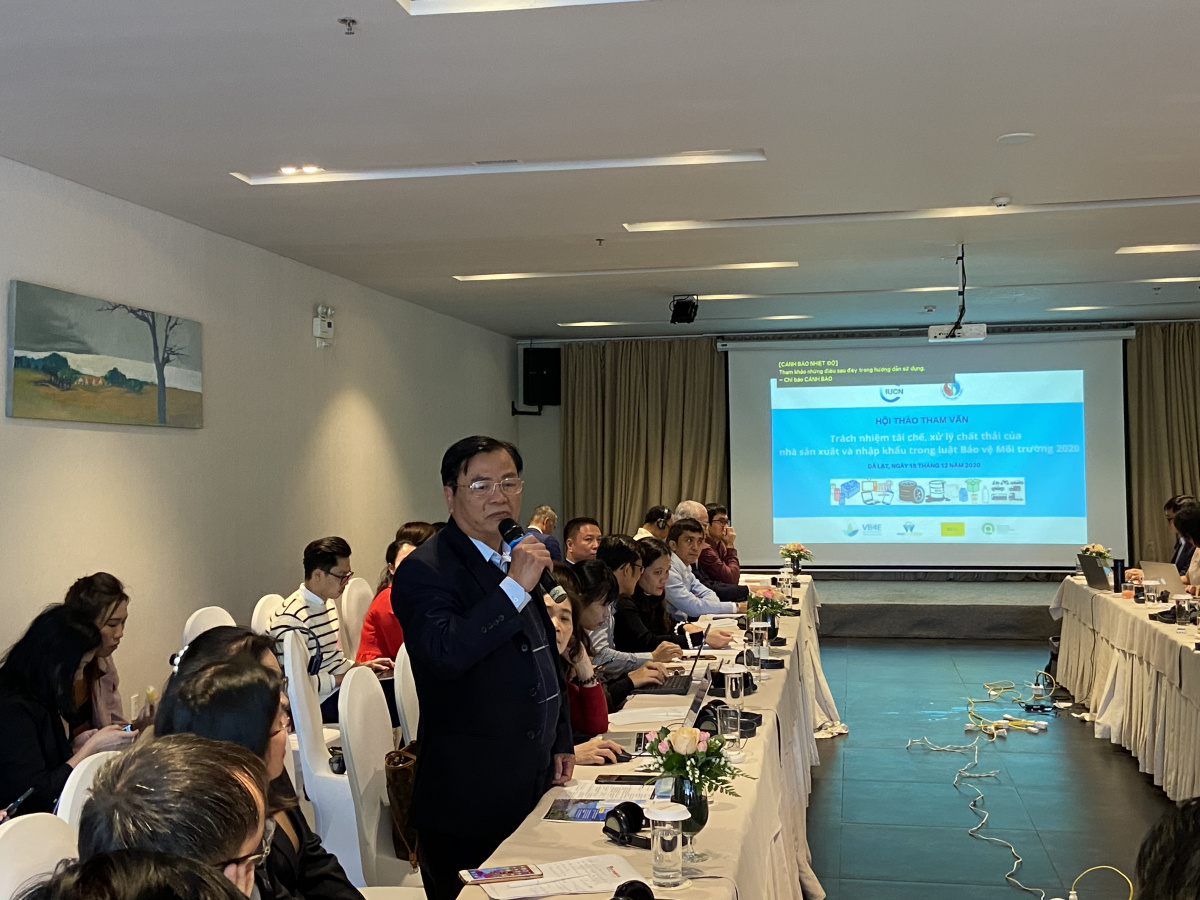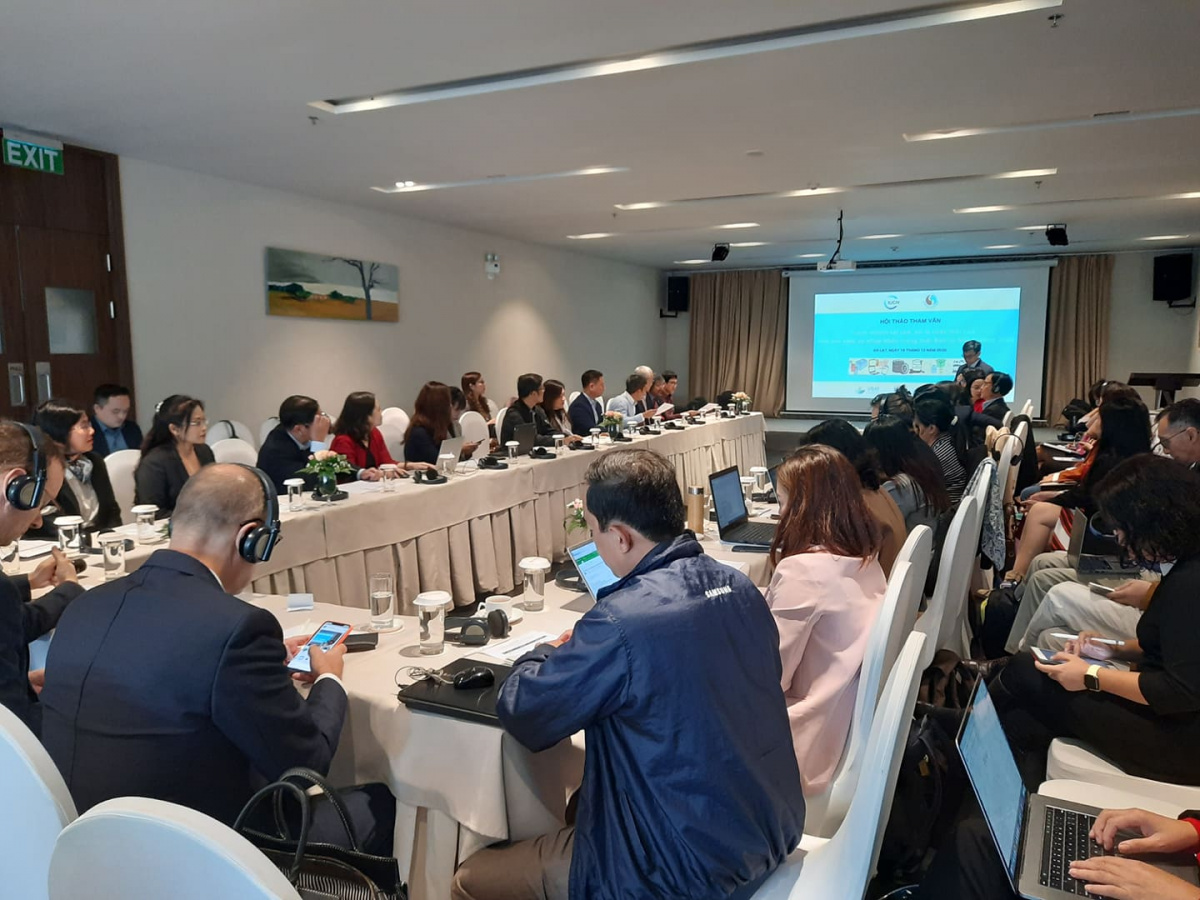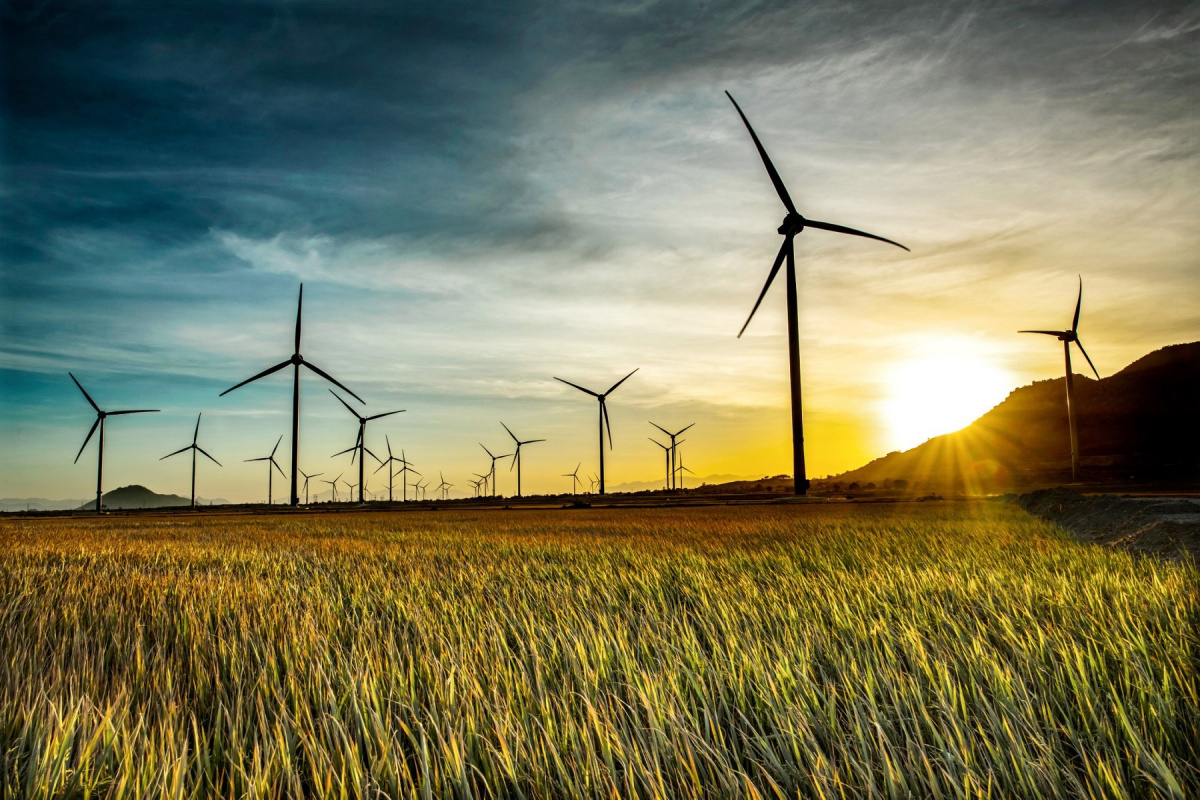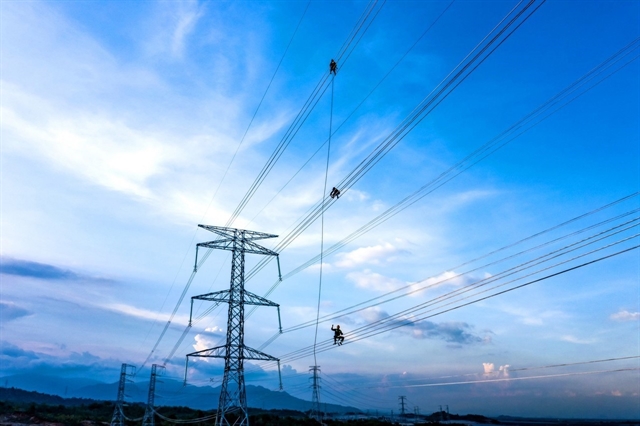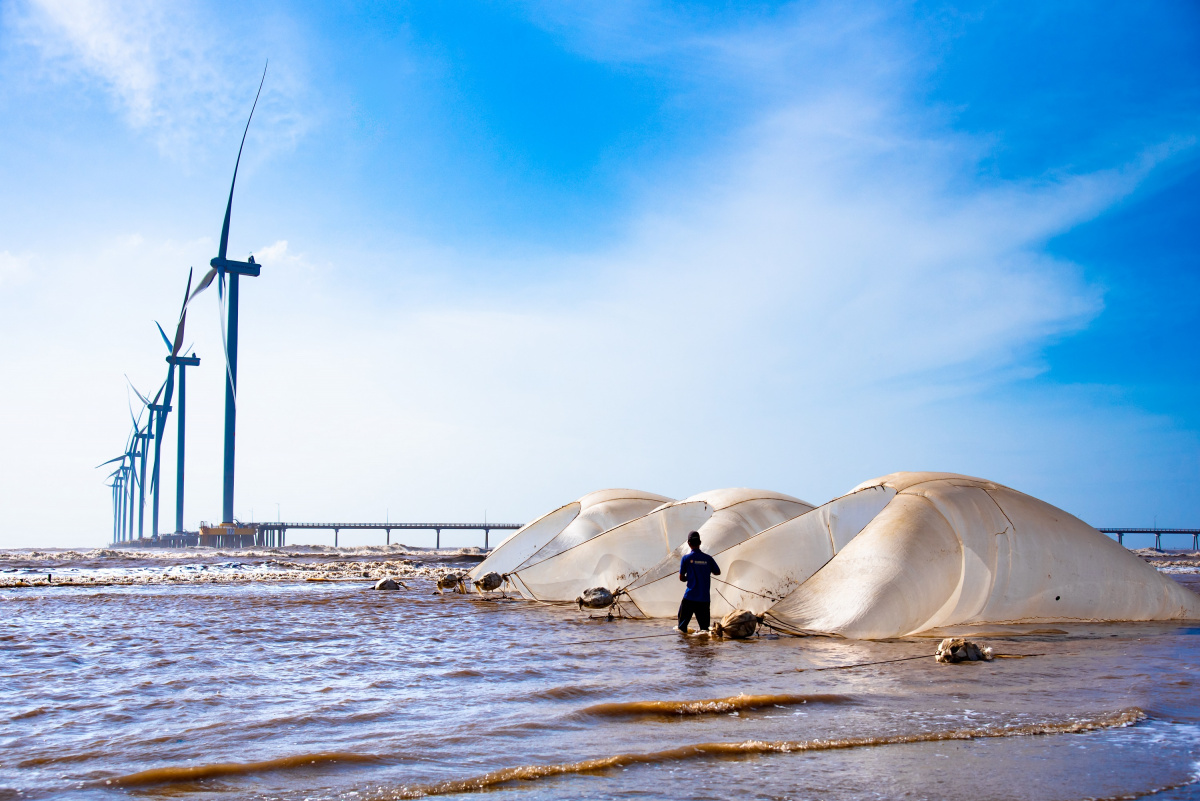Businesses consultation discusses draft decree on Extended Producer Responsibility
On December 18th 2020, IUCN, in collaboration Department of Legal Affairs, Ministry of Natural Resources and Environment (MONRE) held a consultation workshop to get feedback on the draft decree of the newly established Extended Producer Responsibility (EPR) for businesses in Viet Nam. The event was funded by Viet Nam Business for Environment (VB4E), MARPLASTICCs project and IUCN-PROVN strategic partnership, welcomed 75 participants of companies, recycling organizations and NGOs from across the country.
Following the passing of the Viet Nam’s new Environmental Protection Law in November 2020, this workshop enabled businesses and producers to discuss how they will bear the responsibility for the waste stage of their products and to share experiences for how to be more environmentally friendly.
Mr. Jake Brunner, head of IUCN Indo-Burma, opened proceedings by detailing the environmental challenges that currently face society and how effective cross-sector collaboration is required to ameliorate the issues at hand. Mr. Brunner emphasized how the biggest obstacle to effective Extended Producer Responsibility (EPR) legislation is the political economy, as it can be difficult to ensure that all actors are suitably motivated to comply especially with businesses.
According to the new law, businesses can implement EPR in one of three ways: (1) do the recycling themselves, (2) do recycling through a third-party Product Recycling Organization (PRO) or (3) make a financial contribution to the Viet Nam Environmental Fund (VEF).
Ms. Nguyễn Hoàng Phượng – IUCN consultant - covered the different aspects of EPR describing how it will apply to six sectors: food and beverage, electrical goods, tires, batteries, lubricants, and electric vehicles. The different ways in which it will operate were also presented, as it ranges from the recollection of products to providing financial incentives for waste collection and to provide greater information to the consumer to increase awareness.
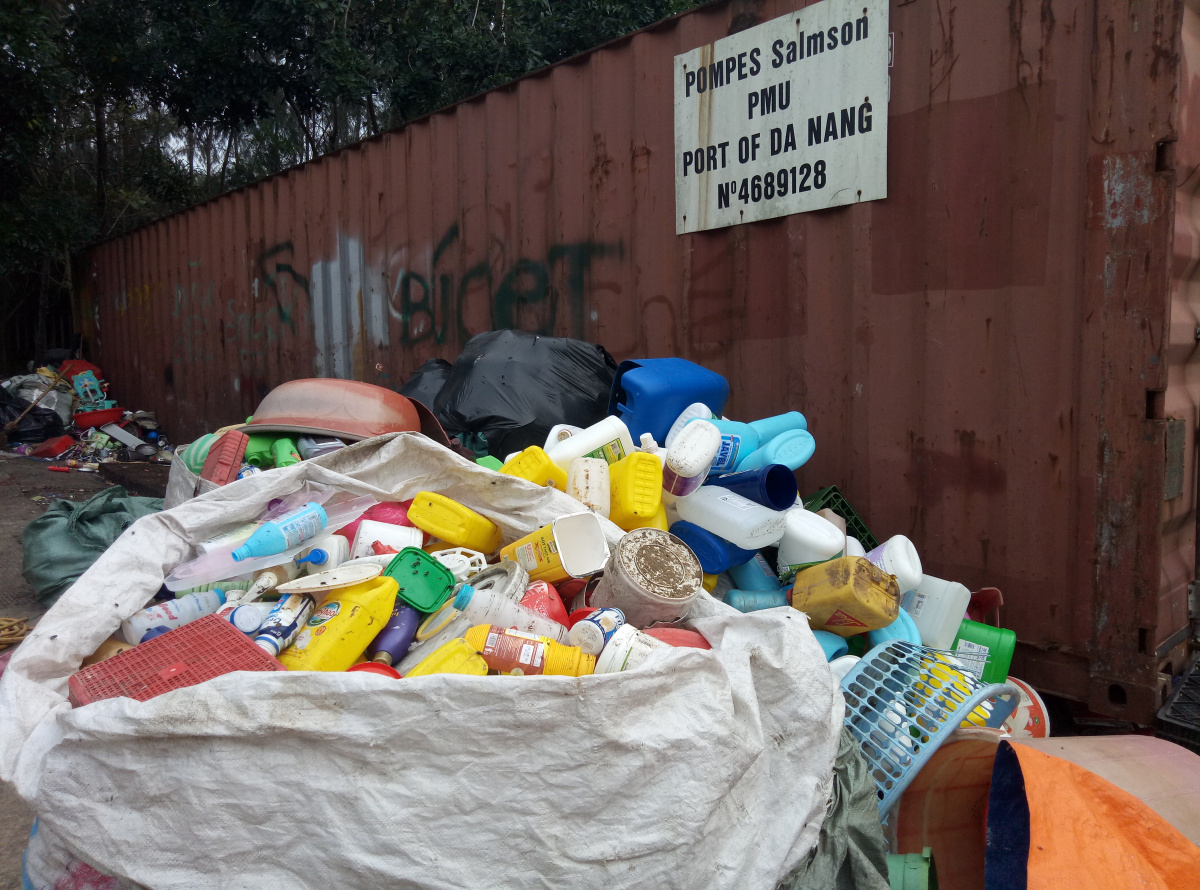 Photo: Food and beverage are among six sectors applying EPR in Viet Nam © IUCN Viet Nam
Photo: Food and beverage are among six sectors applying EPR in Viet Nam © IUCN Viet Nam
Lessons were shared from EPR experiences abroad as Mr. Kim Ih Hwan – MONRE senior advisor - provided insights into the Korean approach which has been in effect from 2002. Mr. Hwan described the evolution of the legislative roll-out and how the country has learned dealt with so-called ‘Free-Riders’ who do not comply with EPR regulations.
As EPR heightens the accountability of producers, questions were posed to truly understand which members of the production line should be accountable and to what extent their actions will be monitored.
The key theme of the question and answer session by businesses was to understand who the producer is and how we determine the delegation of responsibilities. Some businesses expressed the concern over consumers’ awareness, collection ecosystems, fairness, flexibility, balancing between the formal and informal sector. In order to reduce the issues of non-compliance, the discussions came to a consensus that the largest companies have the greatest duty of care.
Despite the inevitable challenges that the country will face in the future, EPR presents an opportunity for Viet Nam to tackle environmental degradation as it goes beyond pre-existing environmental law. On behalf of MONRE, Ông Phan Tuấn Hùng gave closing remarks by thanking all guests for their contribution to the successful day and expressing optimism that EPR legislation will reduce Vietnam’s environmental footprint.
To understand more about EPR, please see VIDEO.
To know more about businesses’ perspectives for EPR, please see VIDEO.
To learn more about Marplasticcs, please visit website; about Viet Nam Business for Environment (VB4E), please visit: www.vb4e.com.
